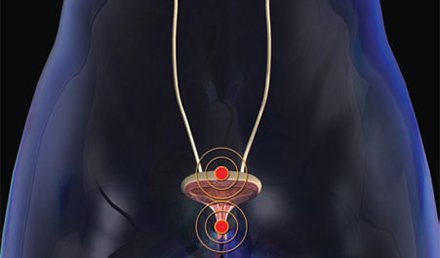Urgent message: The ability to evaluate children presenting with a limp—and to recognize red flags that help distinguish those to treat from those requiring immediate referral—should be within the purview of the urgent care clinician. Raymond W. Liu, MD, Hadeel Abaza, MD, and Allison Gilmore, MD A limping child without a clear traumatic history or diagnosis is a common presentation to an urgent care center. The broad differential diagnosis can be daunting, with causes that …
Read More





